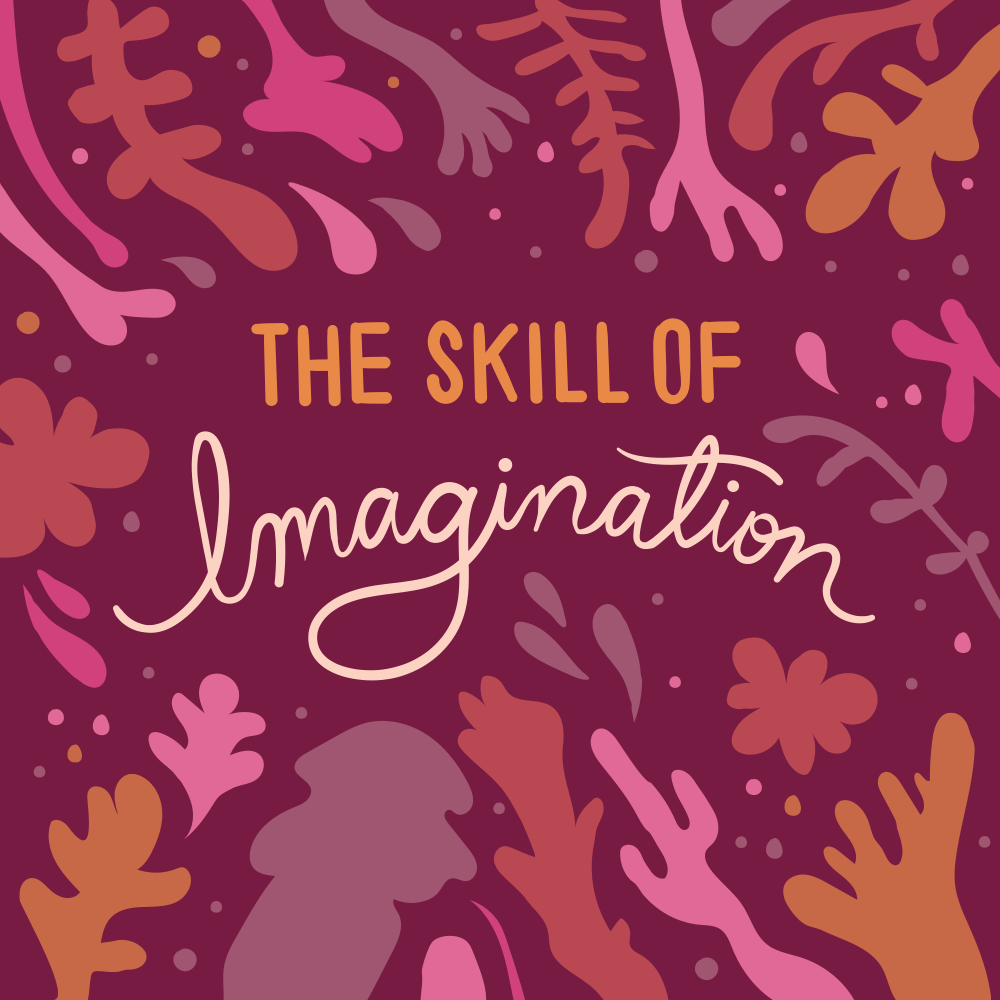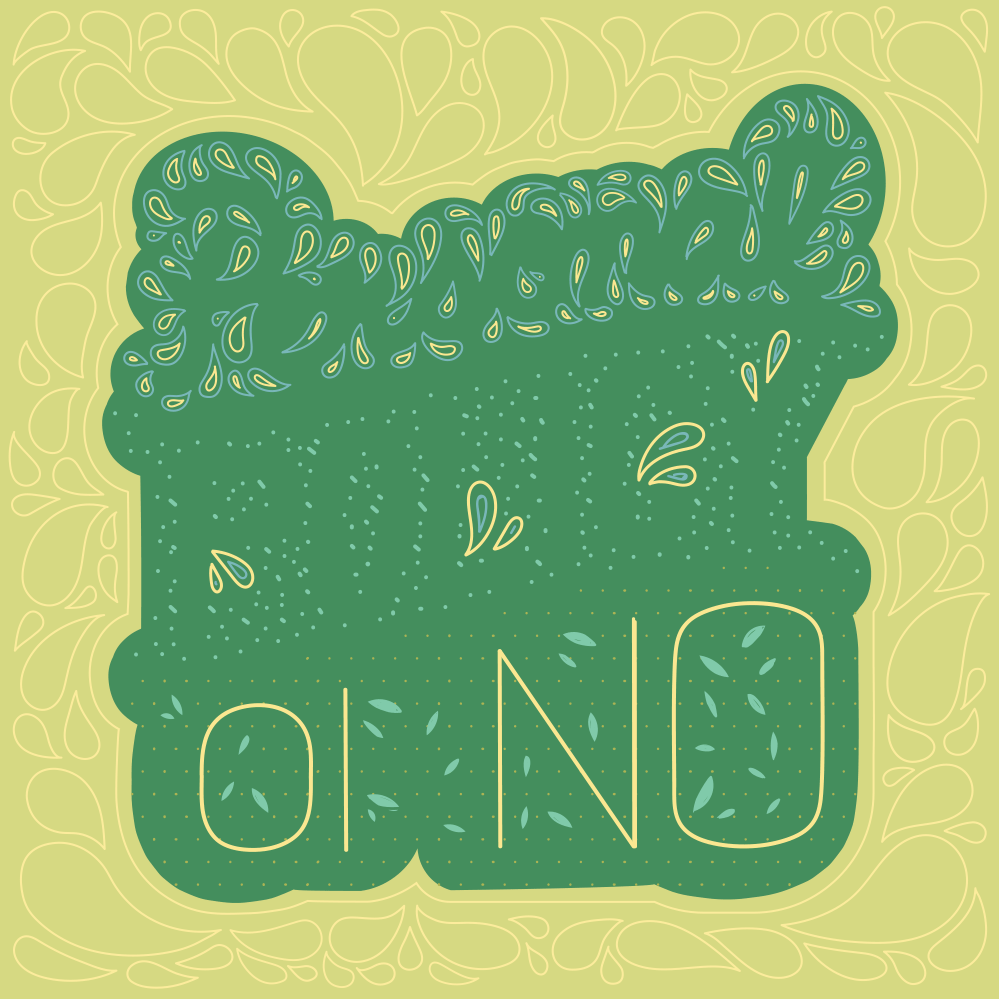Food for Thought
It’s certainly true that one must eat to survive. But cooking? In this day and age? Totally optional.
If you feel a small twinge of righteous indignation at the idea of cooking being optional, then curiosity (or further stoking of your cooking-fire of indignation) may compel you to read this blog post. Or perhaps you are looking to embrace a cooking-free lifestyle, in which case this bit of writing will be a welcome beacon in a sea of internet recipes.
You see, I regularly come up against a belief or expectation that everyone “should” or “must” learn to cook, and that “it’s so enjoyable and easy once you learn how!” However, I would like to argue that you most definitely don’t need to learn how to cook, that for some people it’s most certainly not enjoyable, that its ease or difficulty is inconsequential, and furthermore, that it’s incredibly beneficial to have non-cookers in the world.
Survival without cooking
When people find out I don’t cook, the first question I inevitably get asked is “But (gasp!) HOW do you SURVIVE?!!!” It’s true, I’ve survived all the way to adulthood without learning how to cook. How is this possible??! SO MANY of you have asked, and I will now share (some of) my secrets.
Be a gatherer. You’ve heard of the concept of “hunters” and “gatherers”: a hunter must cook, I assume. But a gatherer? That’s just nuts and berries, my friends. No prep necessary.
Simplicity of taste. Thanks to modern inventions such as the grocery store, us gatherers can easily buy a number of things that don’t need to be cooked. My personal “Gatherer Go-tos” include yogurt, bananas, toast, and almond butter. My millennial heart could happily eat mashed avocado on toast every day for the rest of my life.
Eat out. Most cities have amazing local restaurants and cafés that employ incredible chefs and require people like you to survive. Eat at local establishments, and you’ll be doing a service to your city!
Don’t invest in cooking tools. The kick-back I get most often about eating out is that it’s too expensive. But do you know how much a good pan costs (I actually have no idea)? A KitchenAid blender (I just Googled this and shit is expensive!)?? A new oven??! As a non-cooker, your yearly budget for kitchen basics, contraptions and renovations can be a joyful $0.
Find friends/partners/flatmates who love to cook. Although it’s baffling to me, there are some people who love to cook, don’t like sharing their kitchen, and long to have people enthusiastically enjoy their creations. These people are the yin to your yang. Find them, hold onto their warm home-baked bread, and don’t let go.
Child-free. I can only assume that my child-free existence has simplified my cooking-free lifestyle, but if you do have children, I would refer you back to points #3 and #5.
Whether you agree with my methods or not, it can’t be denied that I don’t cook yet here I stand, a living case study of the possibilities!
The joy of cooking?
For all our progress, lots of people still tend to think that women should not only know how to cook but enjoy it. Although the landscape is slowly shifting, it seems that men don’t come up against the same quantity of surprise about this supposedly-inherent Joy of Cooking, particularly in the home. The research on who’s still doing the cooking certainly seems archaic.
Obviously, lots of women (and many other humans) enjoy cooking at home. This is fantastic. Full steam ahead! But there are humans who (like me) at a deep, deep level do not enjoy cooking. And may I point out, it’s not a question of whether it’s too “hard”: whether it’s easy or not is of no consequence (there are many difficult things which I greatly enjoy doing, and easy ones that I don’t). Society is full of all different types of humans who take joy in all different types of things: some people enjoy manufacturing shoes, others construct buildings, and yet others make pasta. And isn’t this a lucky thing!
Expectations
Speaking generally, you don’t actually “have to” do anything. You don’t have to go to work, do chores, or wear clothes! Of course, whatever action (or non-action) you take will have unavoidable consequences. For the former examples, this might mean losing your job, having a messy house, and being cold (or arrested for public indecency, depending on where you’ve decided to be naked). The question to ask for each decision is whether the consequences are worth it for you.
It’s really as simple as that. I don’t like cleaning, but I do like having a clean home – so yeah, I choose to do it (occasionally – in this I take after my mother, who I recall proclaiming to me as a child that “cleaning is something you do when you haven’t got anything better to do”). Cooking, though? I do not like the planning, the shopping, the prep, the cooking, or the eating of what I’ve prepared. One could argue (which I do) that for me to cook is a waste of resources, time, talent, and taste buds. But more importantly, I would like to suggest that we all have self-autonomy here. Knowing what you don’t want to do is a step closer to figuring out what you do want to do. Yes, I’m suggesting that for some you, NOT cooking could bring you closer to self-actualization and the realization of your full potential.
Just an idea to chew on.
Every chef needs an Epicurean
Previously, I mentioned that the joy of cooking is not a universal phenomenon. Expanding on this idea, I would also like to suggest that the joy of cooking is unrelated to the joy of eating.
Just like you can enjoy music without knowing how to create it, obviously you can enjoy food without knowing how to cook it. Which is why having people like me (non-cookers, diners, gourmands, epicureans) is a good thing: musicians need audiences, and chefs need people to eat their food.
We can’t all be chefs! For one, there would be too much food; in addition, the saying Too many cooks in the kitchen is a real thing and those places have far too many sharp knives around for comfort.
And may I say, the kitchen naive make excellent dinner guests. We have no idea how the dishes are made and this makes them all the more magical: no matter what you make, we’re bound to be impressed. Scrambled eggs? A dream! Anything that came out of an oven? A true miracle.
What a sad world it would be if all this delicious food went to waste, and people like me were forced to make (and eat) our own lacklustre, dismal concoctions! It would be tantamount to saying anyone who enjoyed listening to music MUST learn how to play and record their own tracks, and then listen to them on repeat as a daily activity. I can’t express strongly enough how terrible this idea is. Let me assure you that if you dislike playing the trumpet, nobody wants to hear you play it (yourself least of all).
Food for thought
For those of you considering a cooking-free lifestyle, I must warn you: the societal and familial expectations are real, and to lack “basic” (I protest against this label) cooking skills is to be belittled and mocked by many. I have come to happily accept the razzing: a small price to pay for the salvaging of precious daytime hours for my other creative pursuits (not to mention the freedom to enjoy delicious food prepared by enthusiastic and delighted cooking nerds and consummate professionals).
For all of you, the intellectual nourishment I’d like to offer is that symbiotic relationships are a beautiful thing: chefs need their epicureans, just as we need our chefs.






